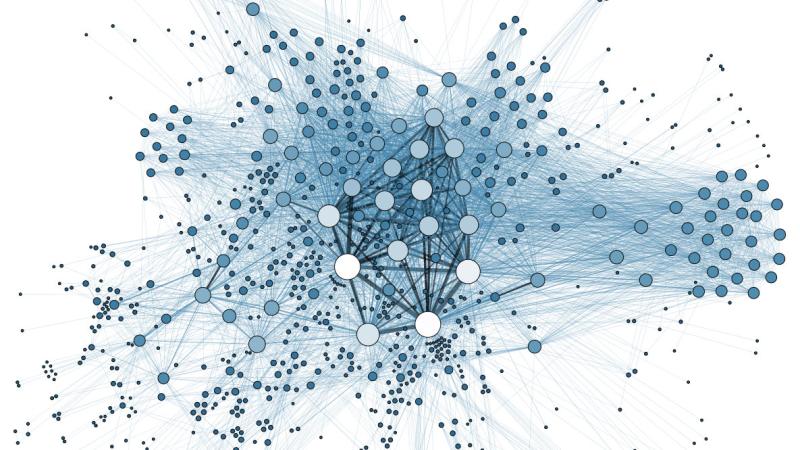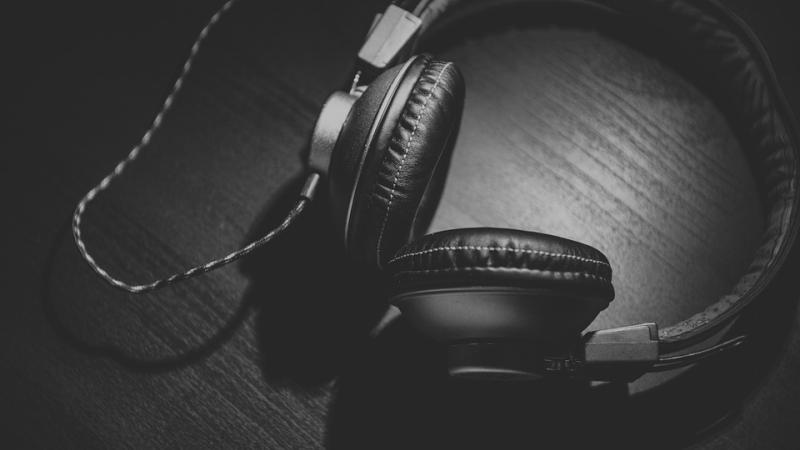Funding Opportunity for
Institutes for Advanced Topics in the Digital Humanities
Maximum award amount
Expected Output
Period of performance
This funding opportunity will not be reoffered.
The program supports national or regional (multistate) training programs for scholars, humanities professionals, and advanced graduate students to broaden and extend their knowledge of digital humanities. Through this program, NEH seeks to increase the number of humanities scholars and practitioners using digital technology in their research and to broadly disseminate knowledge about advanced technology tools and methodologies relevant to the humanities.
This program aims to bring together humanities scholars, advanced graduate students, librarians, archivists, museum staff, computer scientists, information specialists, and others to learn about new tools, approaches, and technologies, and to foster relationships for future collaborations in the humanities. NEH encourages you to develop proposals for multidisciplinary teams that include the necessary range of intellectual, technical, and practical expertise. You may draw partners and collaborators from outside of your institution, from the private and public sectors, and may include appropriate specialists from within and outside the United States. You should consider the practical applications of the institute topic and the ethical implications of its subject for humanities research, teaching, or public programming.
There is wide latitude in the content, form, and audiences of institutes. They may focus on a particular computational method, such as network or spatial analysis, or target the needs of a particular humanities discipline or audience. You could offer it only once or multiple times to different audiences or cohorts. They may be as short as a few days or as long as six weeks. You may host it at a single site, multiples sites, or virtually. The format and duration should allow for full and thorough treatment of the topic and be appropriate for the intended audience. The institute’s topic may be targeted for novice audiences or be for participants with some background and expertise in the proposed topic. All participants must be engaged in the same format simultaneously unless modifications are needed for accessibility accommodations.
Note about Humanities Perspectives on Artificial Intelligence
This grant program is one of the NEH programs that are part of NEH’s Humanities Perspectives on Artificial Intelligence initiative, which is encouraging research on the ethical, legal, and societal implications of AI. To learn more about the initiative, please see our page about the AI initiative.
What’s New for 2025
- This Notice of Funding Opportunity will apply to only the 2025 deadline.
- We have added an introductory one-paragraph "Nature of the request" section in Attachment 2. Narrative.
- In the "Impact and evaluation" section of the Attachment 2. Narrative and Attachment 6. Evaluations, we have clarified our expectations for project evaluation.
- We have added a required Attachment 7. Data management and sharing plan.
Reminders
- Applications will be declared ineligible for review if they do not include all required sections and components.
- Applications will be declared ineligible for review if they do not comply with all requirements indicated with a “must” outlined in the NOFO, including page limits.
- Staff are available to review optional drafts of applications before the deadline. Drafts are due December 12, 2024.
- Even if you do not submit a draft for staff review, Office of Digital Humanities staff members are available to discuss possible applications to this program. Please contact us at @email with any questions that you may have.
Webinar
Examples of Projects Funded by this Grant Program
Next
Application Instructions
Read the Notice of Funding Opportunity to ensure you understand the expectations and restrictions for projects delivered under this grant and are prepared to write the most effective application.
Application Materials
Notice of Funding Opportunity, 2025 (PDF)
Grants.gov application package
Program Resources
Frequently Asked Questions, 2025 (PDF)
List of Recently Funded Grants
Policy on the Use of Artificial Intelligence for NEH Grant Proposals
Sample Application Narratives
Alexandria Archive Institute, Inc., Networking Archaeological Data and Communities
George Mason University, Digital Methods for Military History
Folger Shakespeare Library, Institute on Early Modern Digital Agendas
University of California, Los Angeles, Institute on Teaching in the Geospatial Humanities
University of Texas, Institute for High Performance Sound Technologies
When you are ready to apply, register for an account with SAM.gov and Grants.gov; both are required. If you already have completed the registrations, make sure they are current.
Follow the instructions outlined in the Notice of Funding Opportunity and in the Grants.gov instructions.
You will receive a confirmation from Grants.gov when you’ve successfully submitted your application. Subsequently, you will receive up to five more notices confirming different stages in the application process. Verify that you have received all confirmations. Note that email filters may send these messages to your spam or junk folder.


